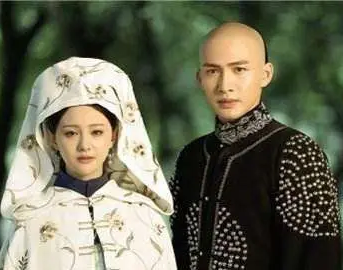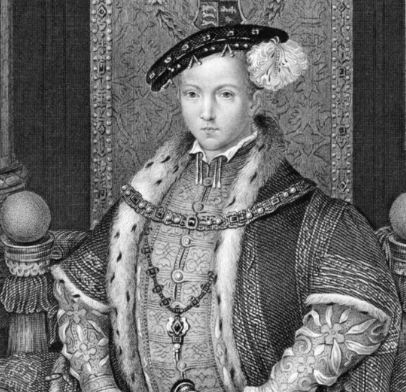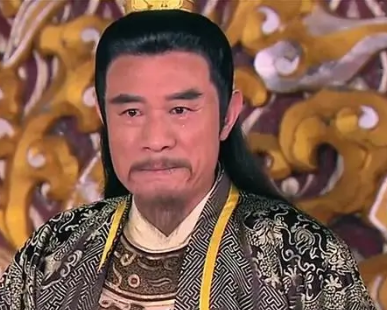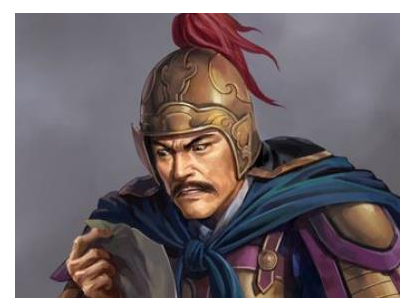In the feudal era of China, the official rank system was intricate and complex, with various positions undertaking different administrative, military, or supervisory functions. Among them, the "Nine Gates Commander" was a unique official position during the Ming and Qing dynasties, primarily responsible for guarding the nine city gates and maintaining public security within Beijing. As time has changed, the ancient official rank system no longer exists. So, if we were to place the Nine Gates Commander in modern times, what modern position would it be equivalent to? This article will explore this question.

I. Historical Responsibilities of the Nine Gates Commander
During the Ming and Qing dynasties, the Nine Gates Commander was one of the highest-ranking military officials in the capital, responsible for guarding the nine city gates and their affiliated walls and towers within Beijing's inner city. Additionally, the Nine Gates Commander was also responsible for maintaining public security and fire control within the city, making it an important position that encompassed both military and public security powers.
II. Division of Modern Job Levels
In modern China, there is a clear division of job levels for civil servants and military personnel. In the civil servant system, job levels range from low to high as follows: clerk, deputy section chief, section chief, deputy director, director, deputy department head, department head, deputy provincial level, provincial level, etc. In the military system, there are ranks such as warrant officers, commissioned officers, and generals.
III. Comparison of the Nine Gates Commander with Modern Levels
Taking into account the responsibilities and scope of power of the Nine Gates Commander, if placed in the modern system, its level would be quite high. In the military system, the responsibilities of the Nine Gates Commander are similar to those of the current commander of the capital garrison or director of public security, and its rank may be equivalent to a modern major general or lieutenant general. In the civil servant system, as the Nine Gates Commander was responsible for the public security management of the capital, it may be equivalent to a current department head or deputy provincial-level official.
IV. Conclusion
In summary, the Nine Gates Commander was an important military and public security position in ancient times, and its responsibilities and powers still appear significant in modern society. Although it is impossible to precisely map it to a specific modern job level, it can be roughly inferred that the rank of the Nine Gates Commander in modern times may be equivalent to a major general or lieutenant general in the military system, or a department head or deputy provincial-level official in the civil servant system. This comparison helps us better understand the corresponding status of ancient official ranks in modern society.
Disclaimer: The above content is sourced from the internet and the copyright belongs to the original author. If there is any infringement of your original copyright, please inform us and we will delete the relevant content as soon as possible.































